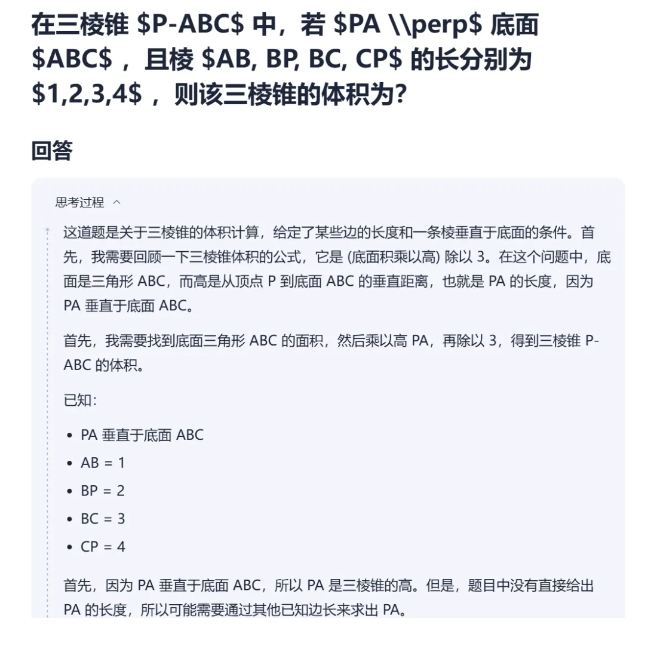On January 16, 2025, Shanghai Leap Star Intelligent Technology Co., Ltd. announced the official launch of its self-developed reasoning model, Step Reasoner mini (referred to as "Step R-mini"). Users can log in to the Yuewen web portal at https://yuewen.cn and select "Step R-mini" in the top left corner to experience it.
Step R-mini is the first reasoning model in the Step series, excelling in proactive planning, experimentation, and reflection. Through a logical mechanism of slow thinking and repeated validation, it provides users with accurate and reliable responses. It not only solves complex problems in logical reasoning, coding, and mathematics with its exceptional long-form reasoning capabilities but also addresses general fields such as literary creation.
The Step series foundational model matrix developed by Leap Star covers comprehensive capabilities from language and multimodal to reasoning. In mathematical benchmark tests such as AIME and Math, Step R-mini outperformed o1-preview, comparable to OpenAI's o1-mini. In LiveCodeBench coding tasks, it also demonstrated better results than o1-preview. Notably, while most reasoning models struggle to balance capabilities in both liberal and scientific subjects, Step R-mini achieves a "dual proficiency" through extensive reinforcement learning training, employing an On-Policy reinforcement learning algorithm, allowing it to accurately answer questions in mathematics, coding, and logical reasoning while creatively completing literary content creation and casual chatting tasks.

In practical applications, Step R-mini has demonstrated outstanding performance. When solving mathematical problems, it can construct a reasonable reasoning chain when faced with challenging Olympiad questions, planning and solving complex mathematical problems step by step, and enumerating different solution schemes for cross-validation. In handling geometry problems, it proactively creates sketches to build a medium for deep thinking. In logical reasoning tasks, it autonomously explores multiple problem-solving approaches and self-questions to ensure that all good solutions are enumerated. In coding challenges, it can correctly solve algorithm questions rated as "Hard" on the LeetCode technical platform and handle complex development requirements by progressively analyzing user needs and intentions to construct code logic. In content creation, it deeply understands user expression needs, analyzes themes and literary genres, considers creative perspectives, describes scenes, employs rhetorical techniques, structures content, imbues things with human emotional symbolism, and enhances personalized and innovative expression styles. In translation tasks, it adheres to the principles of "faithfulness, expressiveness, and elegance," striving to present precise and meaning-rich translation results.
In addition to language reasoning models, Leap Star is also developing visual reasoning models, integrating reasoning capabilities into larger models with more interactive forms. For reasoning problems in complex visual scenarios, it introduces slow perception and spatial reasoning concepts, transferring Test-Time Scaling from text space to visual space, achieving Spatial-Slow-Thinking in the visual realm. Currently, the visual reasoning model has made phased achievements, with a formal version expected to be released this year.









